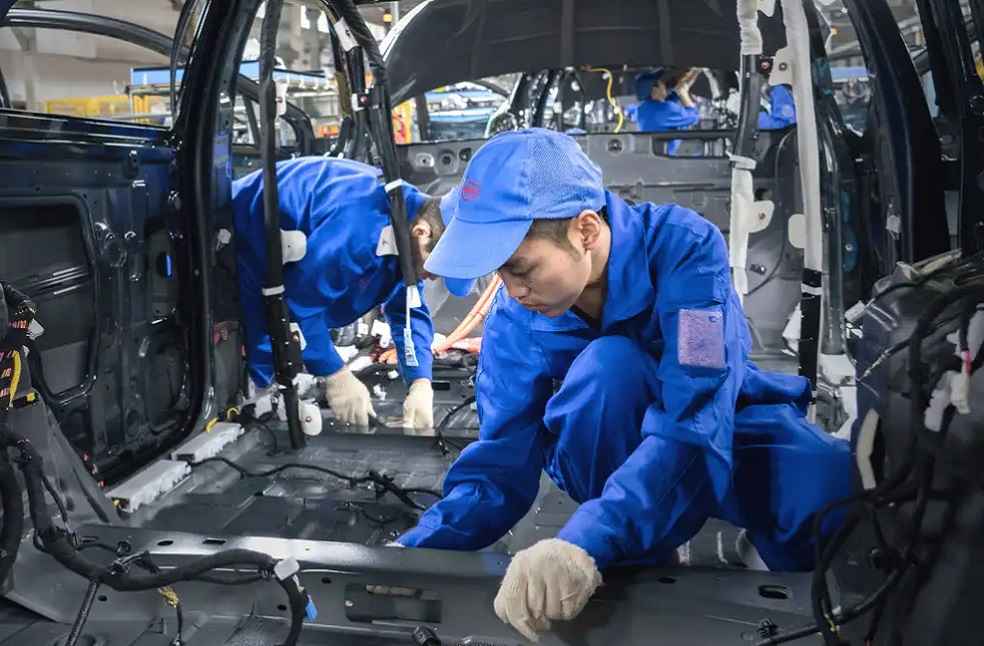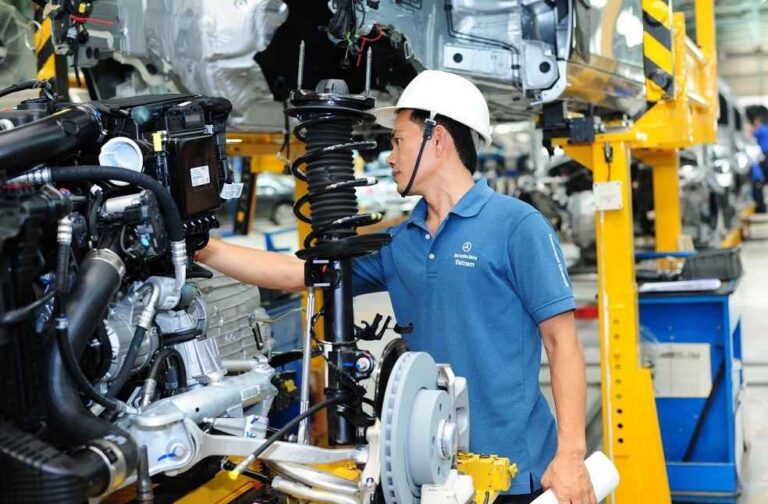A groundbreaking investigation led by Senator Ron Wyden reveals that BMW, Jaguar Land Rover, and Volkswagen, prominent automakers, sourced components tied to forced labor allegations in China. This scrutiny, directed by the Senate Finance Committee, highlights critical lapses in U.S. Customs and Border Protection’s (CBP) import enforcement, questioning the efficacy of existing regulatory frameworks.
The probe disclosed that these automotive leaders utilized parts from Sichuan Jingweida Technology Group, a firm blacklisted by the U.S. due to concerns over forced labor practices. Notwithstanding prior cautions, BMW imported over 8,000 Mini Coopers featuring components from this supplier. Similarly, Jaguar Land Rover and Volkswagen admitted to employing these tainted parts, resulting in considerable shipment holdups at U.S. entry points.

Senator Wyden critiqued the automakers’ reliance on internal regulatory measures, which he judged inadequate for tackling the complex issues prevalent in today’s supply chains marked by serious human rights risks. He advocated for a fortified approach by CBP to block imports produced with coerced labor effectively.
Enacted to combat forced labor, particularly from China’s Xinjiang region—a hotspot for human rights abuses—the 2021 Uyghur Forced Labor Prevention Act (UFLPA) accentuates the escalating legislative demands on corporations to sanitize their supply chains. Reacting to the report, BMW conceded to the intricacies of supervising its vast network yet reaffirmed its commitment to uphold ethical standards. Jaguar Land Rover responded by ceasing shipments and earmarking the compromised inventory for destruction. Volkswagen emphasized its dedication to a clean supply chain, underscoring immediate actions to rectify the identified compliance issues.

Senator Wyden’s recommendations include expanding the Entity List to encompass additional companies implicated in human rights infringements and improving the trustworthiness of supply chain audits, particularly those conducted within China where their reliability frequently attracts skepticism.
As the Senate Finance Committee plans to widen its investigation to include more automakers, the global business community remains attentive. This ongoing inquiry promises to catalyze significant transformations in corporate supply chain management, heralding a new era of transparency and accountability in international trade practices.
LATEST | Audi and SAIC Debut Electrification Platform for China’s Luxury EV Market





